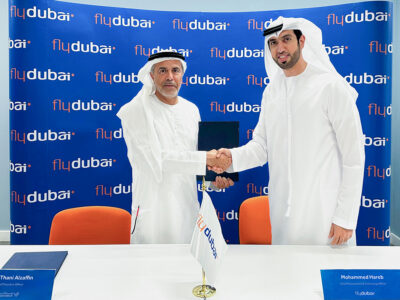Rapid growth among Saudi Arabia’s Islamic insurers will benefit the domestic bond market but bypass dollardenominated issues due to regulations that keep insurers’ investment close to home, experts and executives said.
Strong growth in the takaful, or insurance industry has underpinned hopes it will give a boost to the market for Islamic bonds, or sukuk.
Insurers are important investors in conventional fixed income markets, but sukuk have been mostly bought by Western investors such as hedge funds and banks.
Ashraf Bseisu, acting chief executive of Solidarity, the takaful arm of Bahrain based lender Ithmaar, said: “Saudi Arabia is the largest and most underdeveloped insurance market in the region.”
Insurance penetration in Saudi Arabia is low, but government efforts to make health insurance mandatory have spurred annual growth of over 20 percent as they have raised awareness of other insurance products as well, executives said.
Takaful premiums in Saudi Arabia totalled $1.7 billion in 2007, according to a report by Ernst & Young published last year, or about half of global takaful premiums.
Saudi Arabia launched a bond trading platform on its Tadawul stock exchange last June, but trading has been sluggish.
Experts said that takaful companies in the region have mostly invested their assets in real estate and equity rather than sukuk, partly a result of the lack of sharia-compliant investment-grade assets.
John Sandwick, a consultant on Islamic wealth management, said: “Part of this problem is regulatory, where takaful companies in more loosely regulated jurisdictions have been permitted to make investments far outside what one would consider prudent in conventional insurance.”
He said that stricter regulations prevented Saudi takaful companies from investing in high risk assets.
Sandwick said: “The current crisis in GCC regional real estate is going to show itself in the results of takaful companies in 2009 and 2010.”
He said that while Saudi takaful would emerge relatively unscathed, takaful companies in Bahrain or the UAE could suffer portfolio losses.
Saudi insurance companies also need to keep 70 percent of their investable assets denominated in Saudi riyals, making it unlikely that their strong growth could give a boost to regional fixed income markets.
Antoine Issa, chief executive of Allianz Saudi Fransi, said: “The sector’s growth is certainly going to help the local bond industry.”
But he said the yields on bonds were currently too low and there were too few issues available as fierce competition between cash rich banks meant that loans remained the preferred financing option for Saudi corporates.
“I can’t put all my money in just two or three sukuk,” said Bseisu of Solidarity that was awarded a preliminary license for Saudi Arabia in 2008 and plans to raise around $53.33 million in an initial public offering of its Saudi unit over the coming months.
Experts also caution that conventional and sharia compliant insurers are hard to distinguish in Saudi Arabia as conventional insurers operate a cooperative insurance model that resembles takaful.
Under Islamic insurance, members pay into a pool of funds used to pay out those who suffered a loss, whereas in conventional insurance the insurer takes on all the risk for a premium. (Reuters)






